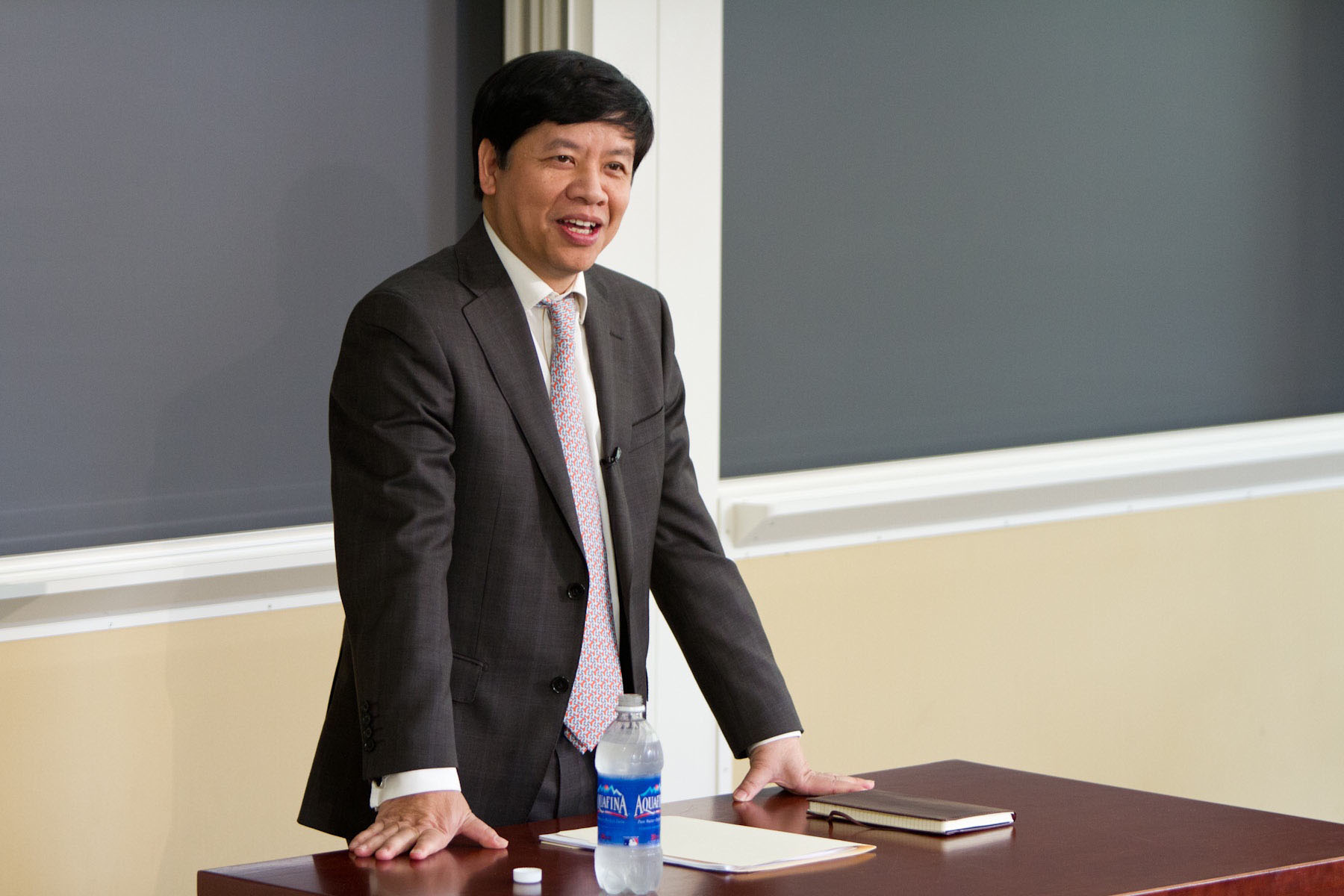Vietnam's ambassador to the United States, Nguyen Quoc Cuong, on Friday discussed his country's foreign policy and how Hanoi views the world in light of what he termed the "remarkable and historic" 11th Communist Party congress, held in his country in January 2011.
Speaking at the University of Virginia's McIntire School of Commerce, Cuong said the congress, convened every five years, not only mapped the next period of social and economic development, but it looked hard at the country's previous 25 years of reforms and pointed out successes – and shortcomings.
"It also maps out the social and economic development strategy from 2011 to 2020, with the very ambitious plan to build up Vietnam as an industrialized country by 2020," he said.
Vietnam has been on a path of serious reforms since 1986, he said.
Cuong, a career diplomat with 30 years' experience, noted that the balance of power among the world's major powers is shifting and the financial crisis provides an opportunity for every country to further its reforms and invest in new technologies. "I see not only a problem, but a test for further development," he said.
In the next 10 to 20 years, Cuong said the world will become increasingly complex, but peace, cooperation and development will remain the prevailing trends. "We think it is a good time for all countries, including Vietnam, to focus on our development," he said.
In addition to opportunity, the ambassador said Hanoi is bearing in mind the uncertainty the future holds. "Sometimes it happens in unexpected ways. Last year, no one expected the tsunami in Japan and I think few predicted the developments in the Middle East, the Arab Spring as a well," Cuong said. He also noted the failed missile launch in North Korea and territorial disputes in the South China Sea as points of tension and uncertainty.
On climate change, the ambassador said that Vietnam is the second-most vulnerable country to rising sea levels, after Bangladesh. He said this poses a real threat to world food security; his country is the second-largest exporter of rice, and fields in the Mekong Delta region would be hit hard by flooding.
"With the scenarios of climate change, not only we no longer have the rice for export, but it poses how to feed the 20 or more million people in Mekong Delta region," he said. "It's a big, big issue for us."
Cuong spoke as part of the University's Ambassadors' Speaker Forum. His presentation was sponsored by the Center for International Studies and the East Asia Center.
— by Jane Kelly
Media Contact
Article Information
April 23, 2012
/content/vietnam-ambassador-discusses-hanois-view-world

